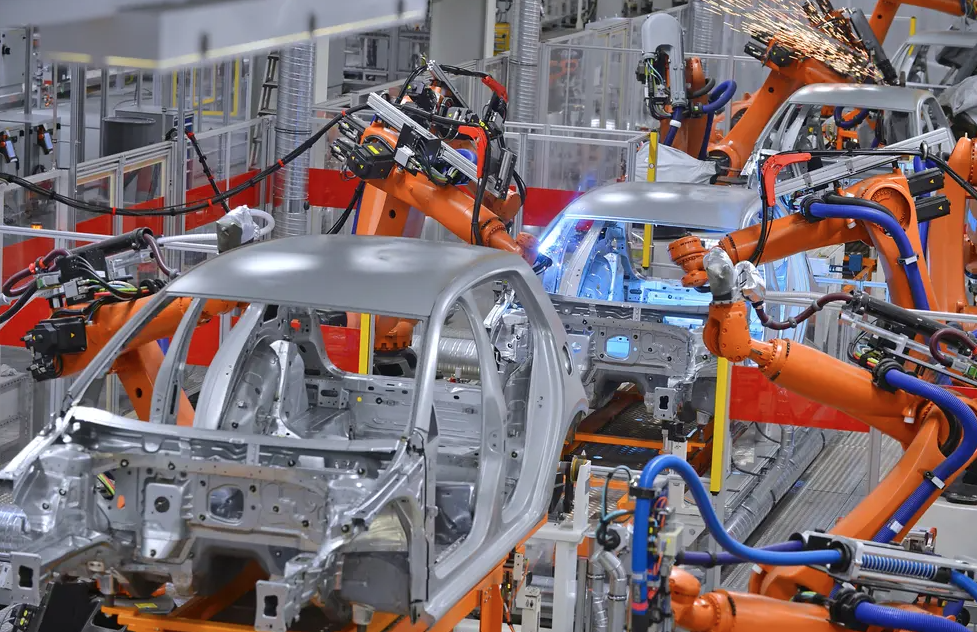Chinese electric cars, the EU shows massive imports over a relatively long period
(sustainabilityenvironment.com/) – On the photovoltaic front, the European Union is ready to choose the path of mediation: no intervention at the border against the cheap imported solar panels, but rather regulatory and financial support to its industry in crisis. The EU’s approach to the issue of Chinese electric cars seems far less conciliatory. Here too, the Community market is trying to compete with ever-increasing “Made in China” production at an attractive price. But Brussels went into defense when in September 2023 it launched a commercial investigation to find out whether vehicles built in China receive unfair subsidies or not. The investigation is expected to end in November 2024, with the possibility of introducing the first temporary duties in July.
Beijing adieu: Paris inaugurates anti-Chinese electric car incentives
Brussels assumes retroactive data
So far, however, the evidence does not support the Asian giant. According to the Implementing Regulation published yesterday by the European Commission, there are sufficient indications that Chinese EV imports are “subsidised“. Aid consisting of: the direct transfer of funds and potential direct transfers of funds or obligations; the renunciation by the public administration of revenue otherwise due or non-recovery of revenue; the provision by public authorities of goods or services for less than adequate remuneration.
“The evidence – it reads – also highlights serious circumstances in the form of massive imports over a relatively short period and a substantial increase in imports [.. ] in the period from October 2023 to January 2024″. More precisely a 14 percent compared to the period between October 2022 and January 2023.
With the same regulation, the Commission has prepared, starting tomorrow, to begin the customs registration of Chinese electric cars important. The move could also lead to retroactive duties on registered imports should the findings of the investigation reveal the need to impose countervailing measures.
The Chinese giant BYD still lowers prices
How did Beijing respond? The Chinese Chamber of Commerce in the Union said it was disappointed with the decision, stating that the increase was only the result of growing demand. But there are also those who today seem to throw fuel on the fire. The Chinese giant of electric vehicles BYD has announced that it wants to cut by 5% the price of its cheapest car, the Seagull, bringing the cost under 9,000 euros (69,800 yuan). This offer is difficult to match by European car manufacturers.
